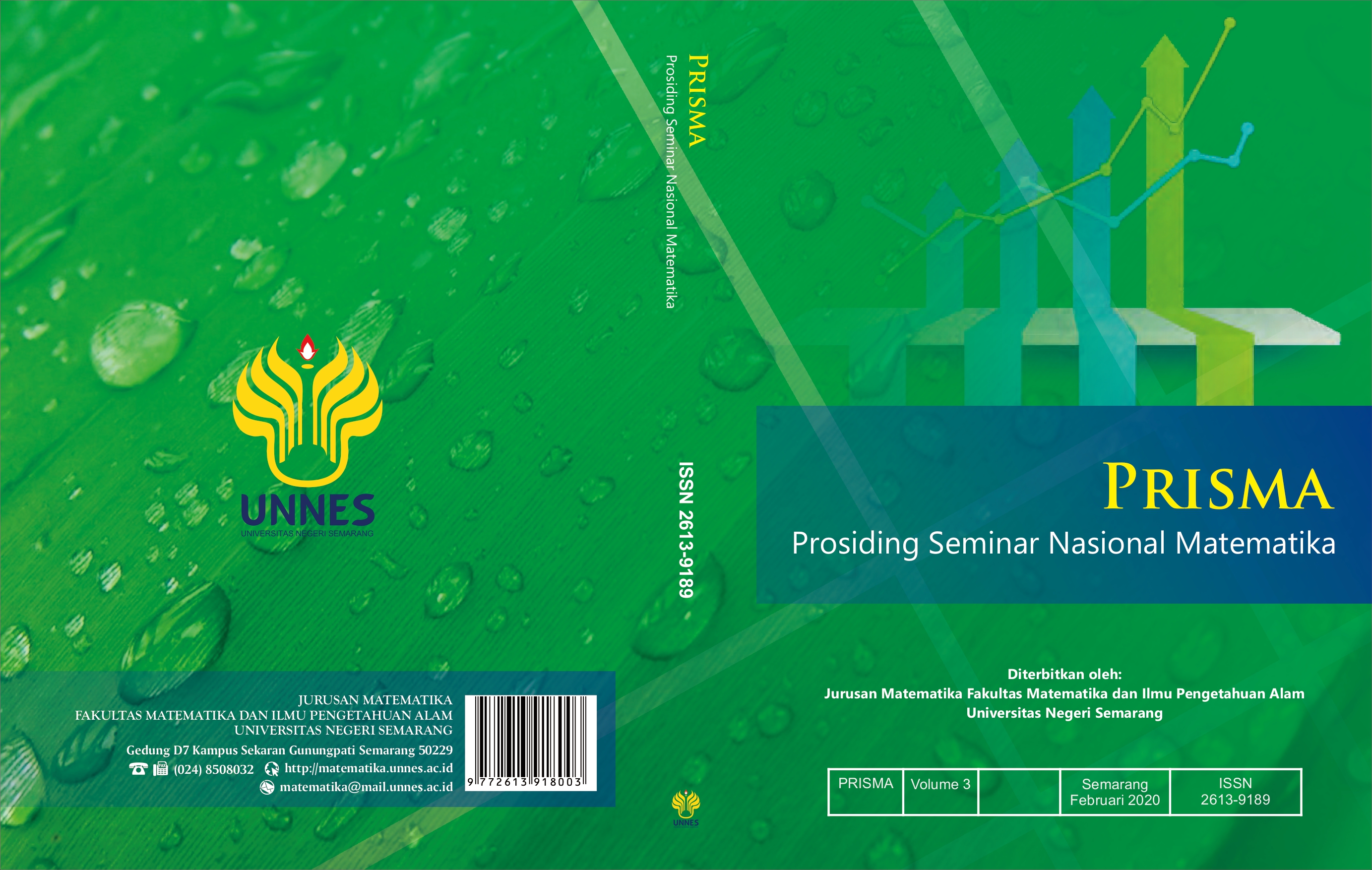Developing critical thinking competence in algebraic thinking using augmented reality for junior high school
Main Article Content
Abstract
The algebra learning promotes thinking about recognition and analysis of pattern, reasoning and problem solving skills, and generalizing arithmetic operation through representation with symbols. And all of these aspects need critical thinking competence. However, the high level of abstraction in algebra can cause difficulty for some students who have problems learning algebra and tend to show less positive attitudes toward algebra. In order to engage the students to algebraic thinking then teachers should deserve interactive learning such as virtual reality. Based on some papers, the Augmented Reality has positive outcomes on learning activity. Results revealed that students who learned algebra using Augmented Reality showed significantly higher mean scores in algebra thinking and attitudes toward algebra compared to the control group. Therefore, the authors wanted to examine the effects of an Augmented Reality (AR) for junior high school students. Furthermore, the paper also discusses the vision towards the future and opportunities for further research in Augmented Reality for educational systems.
Article Details
References
Bellenia, R. R & Ocampo J. JR. (2018). Effecting Change on Students’ Critical Thinking in Problem Solving. EDUCARE: International Journal for Educational Studies. 10(2)
Cai, Su & Liu, Enrui, et al. (2019). Tablet-based AR technology: Impacts on students’ conceptions and approaches to learning mathematics according to their self-efficacy. British Journal of Education Technology. 50(1), 248-263.
Changwong, K., Sukkamart, A., & Sisan, B. (2018). Critical thinking skill development: Analysis of a new learning management model for Thai high schools. Journal of International Studies, 11(2), 37-48.
Chao, W. H., & Chang, R. C. (2018). Using Augmented Reality to Enhance and Engage Students in Learning Mathematics. Advances in Social Sciences Research Journal, 5(12) , 455-464.
Karl, D., Soderquist, K., & Farhi, M, et al. (2018). Augmented and Virtual Reality Survey Report.
Mulyanto, H., Gunarhadi., & Indriayu, M. (2018). The Effect of Problem Based Learning Model on Student Mathematics Learning Outcomes Viewed from Critical Thinking Skills. International Journal of Education Research Review. 3(2), 37-45
Mustofa, N., Ismail, Z., & Tasir, Z., et al. (2015). A Review on the Developing Algebraic Thinking. American Scientific Publishers Advanced Science Letters (Vol 21)
National Council for Excellence in Critical Thinking. 2017. A draft statement of principles Retrieved. (Online). (https://tinyurl.com/y79xcx52).
Nurhayati, D, M., Herman, T,. & Suhendra, S. (2017). Analysis of Secondary School Students’ Algebraic Thinking and Math-Talk Learning Community to Help Students Learn. Journal of Physics: Conference Series.
Reeve, E. M. (2016). 21st-century skills needed by students in technical and vocational education and training (TVET). Asian International Journal of Social Sciences, 16(4), 65-82.
Saltan, Fatih & Arslan, Ömer. (2016). The Use of Augmented Reality in Formal Education: A Scoping Review. EURASIA Journal of Mathematics Science and Technology Education. 13(2), 503-520.
Siew, N. M., Geofrey, Jolly, & Lee, B. N. (2018). Students’ Algebraic Thinking and Attitudes towards Algebra: The Effects of Game-Based Learning using Dragonbox 12+ App. The Electronic Journal of Mathematics and Technology. 10(1), ISSN 1933-2823
